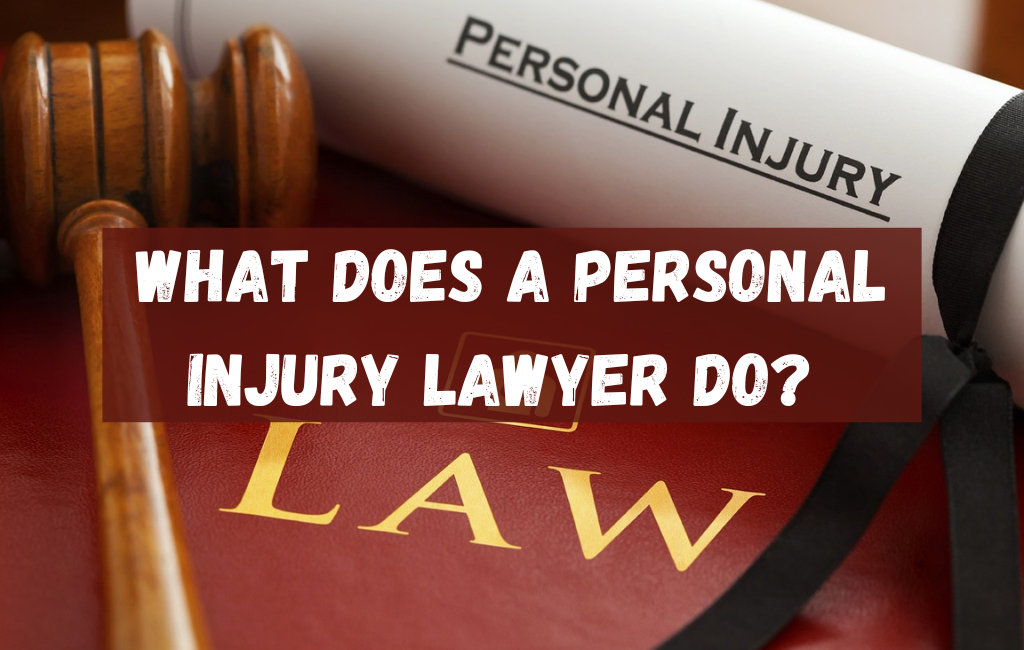-
Table of Contents
- Personal Injury Lawyer: Legal Expertise
- The Role of a Personal Injury Lawyer
- Key Responsibilities
- Legal Expertise Required
- Understanding Tort Law
- Procedural Knowledge
- Case Studies and Examples
- Case Study: McDonald’s Hot Coffee Lawsuit
- Case Study: Erin Andrews Peeping Tom Case
- Statistics on Personal Injury Cases
- The Importance of Negotiation Skills
- Effective Communication
- Strategic Thinking
- Ethical Considerations
- Client Confidentiality
- Competent Representation
- Conclusion
Personal Injury Lawyer: Legal Expertise
Personal injury law is a specialized field that requires a deep understanding of both legal principles and the nuances of individual cases. Personal injury lawyers play a pivotal role in helping victims of accidents and negligence secure the compensation they deserve. This article explores the expertise required to excel in this field, supported by examples, case studies, and statistics.
The Role of a Personal Injury Lawyer
Personal injury lawyers represent clients who have been injured physically or psychologically due to the negligence or wrongdoing of another party. Their primary goal is to ensure that their clients receive fair compensation for their injuries, which can include medical expenses, lost wages, and pain and suffering.
Key Responsibilities
- Investigating claims
- Gathering evidence
- Negotiating with insurance companies
- Representing clients in court
- Advising clients on legal options
Legal Expertise Required
Personal injury lawyers must possess a broad range of legal skills and knowledge. This includes an understanding of tort law, which governs personal injury cases, as well as procedural rules and regulations.
Understanding Tort Law
Tort law is the area of law that deals with civil wrongs, including personal injury. It encompasses various types of claims, such as negligence, intentional harm, and strict liability. Personal injury lawyers must be adept at identifying the appropriate legal basis for each case and building a strong argument to support their client’s claim.
Procedural Knowledge
In addition to substantive law, personal injury lawyers must be familiar with procedural rules. This includes filing deadlines, court procedures, and rules of evidence. A thorough understanding of these rules is essential for effectively managing a case from start to finish.
Case Studies and Examples
Examining real-world cases can provide valuable insights into the expertise required for personal injury law. Here are a few notable examples:
Case Study: McDonald’s Hot Coffee Lawsuit
One of the most famous personal injury cases is the McDonald’s hot coffee lawsuit. In 1992, Stella Liebeck suffered third-degree burns after spilling hot coffee on herself. She sued McDonald’s, alleging that the coffee was excessively hot and posed a danger to consumers. The jury awarded her $2.86 million in damages, highlighting the importance of product safety and corporate responsibility.
Case Study: Erin Andrews Peeping Tom Case
In 2008, sportscaster Erin Andrews was secretly filmed through a hotel room peephole. She sued the hotel and the perpetrator for negligence and invasion of privacy. The jury awarded her $55 million in damages, underscoring the significance of privacy rights and the duty of care owed by businesses to their patrons.
Statistics on Personal Injury Cases
Statistics can provide a broader perspective on the prevalence and impact of personal injury cases. Here are some key figures:
- According to the National Center for Health Statistics, there are approximately 31 million injuries that require medical attention each year in the United States.
- The Insurance Information Institute reports that the average bodily injury claim in auto accidents was $18,417 in 2019.
- The U.S. Department of Justice states that only 4-5% of personal injury cases go to trial, with the majority being settled out of court.
The Importance of Negotiation Skills
Negotiation is a critical aspect of personal injury law. Most cases are settled out of court, making the ability to negotiate effectively with insurance companies and opposing counsel essential. Personal injury lawyers must be skilled in presenting evidence, articulating their client’s position, and persuading the other party to agree to a fair settlement.
Effective Communication
Clear and persuasive communication is vital in negotiations. Personal injury lawyers must be able to convey complex legal concepts in a way that is understandable to their clients and convincing to the opposing party. This includes both written and verbal communication skills.
Strategic Thinking
Successful negotiation requires strategic thinking. Personal injury lawyers must anticipate the other party’s arguments, identify potential weaknesses in their own case, and develop a strategy to achieve the best possible outcome for their client.
Ethical Considerations
Ethics play a significant role in personal injury law. Lawyers must adhere to strict ethical standards, including maintaining client confidentiality, avoiding conflicts of interest, and providing competent representation. Upholding these standards is essential for building trust with clients and maintaining the integrity of the legal profession.
Client Confidentiality
Maintaining client confidentiality is a fundamental ethical obligation. Personal injury lawyers must protect their clients’ sensitive information and ensure that it is not disclosed without their consent.
Competent Representation
Providing competent representation means that personal injury lawyers must have the necessary knowledge, skills, and experience to handle their clients’ cases effectively. This includes staying up-to-date with changes in the law and continuously improving their legal expertise.
Conclusion
Personal injury lawyers play a vital role in advocating for the rights of individuals who have been harmed by the negligence or wrongdoing of others. Their expertise in tort law, procedural rules, negotiation, and ethical considerations is essential for achieving fair compensation for their clients. By examining real-world cases and statistics, we gain a deeper understanding of the complexities and challenges faced by personal injury lawyers. Their dedication to justice and their clients’ well-being underscores the importance of their work in the legal system.
